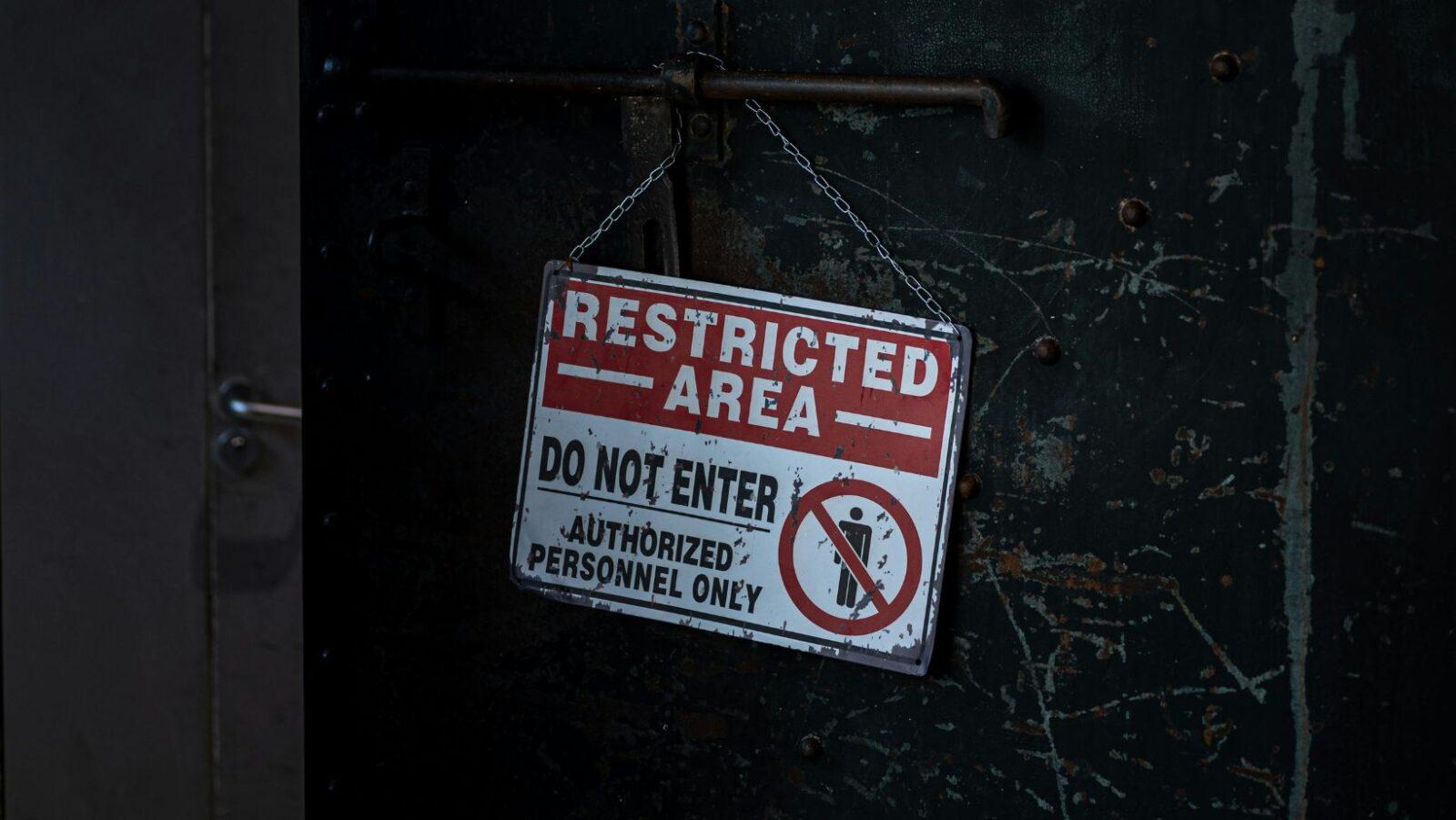
In 2018, the Philippines enacted RA 11036 into law. Also known as the Mental Health Act, it was designed to establish access to comprehensive and integrated mental health services.
Based on numbers from the National Statistics Office, mental health is indeed an urgent problem in the country. The NSO ranks mental illness as the third most prevalent form of Pinoy morbidity, with 88 cases of mental health problems reported for every 100,000 people. However, this is likely an underestimation of the true extent of the problem. According to the National Center for Mental Health (NCMH), depression was the third leading reason behind their patient consultations in 2019.
To combat the COVID-19 pandemic, various areas in the Philippines have been placed under General Community Quarantine and Enhanced Community Quarantine. Unfortunately (and unsurprisingly), cases of depression have increased, with many individuals feeling great sadness and expressing a loss of interest in life during this time of isolation. Since the ECQ took effect in Luzon, about 200 people have been calling the NCMH’s 24-hour hotline numbers each day.
Fortunately, there are many ways to combat depression while under quarantine (which we’ve explored in a separate article that you can read here.) One of the simplest (and most fun) ways, of course, is to spend more time playing with our beloved pets.
AAA, AAT, AAI
The term “Animal Assisted Activities” (AAA) refers to a broad range of situations in which animals play a role in supporting people, such as Animal-Assisted Therapies (AATs) and the more spontaneous Animal-Assisted Interventions (AAIs). Although dogs are the most common partner animals in these activities, cats, fishes, birds, and horses make for equally effective animal companions.
Structured in nature, AATs are health interventions with animals serving as an integral part of the treatment. These activities aim to improve an individual’s physical, social, emotional, or psychological functioning. Several studies about AAT have been conducted, focusing on interventions for children, people with mental disorders, cancer patients, and the elderly. AATs have been implemented in various settings such as hospitals, nursing homes, and schools.
Studies have highlighted the beneficial effects of AAT, including an increase in self-esteem and self determination after 8 weeks. Research has also found AAT to be effective in reducing aggressiveness of chronic psychiatric inpatients with various psychiatric diagnoses. Additionally, AAT can reduce anxiety and improve social behaviors with adults and peers, decrease loneliness, and increase relaxation.
Meanwhile, elderly patients who have tried AAT exhibited decreases in their systolic pulmonary artery pressure, pulmonary capillary wedge pressure, epinephrine and norepinephrine levels, and state anxiety scores.
AAT initiatives in the Philippines
To date, several initiatives involving AAT have been (or are being) conducted in the Philippines.
One example is the Dr. Dog program of the Philippine Animal Welfare Society (PAWS), in which “canine consultants” make regular visits to hospitals, disabled centers, home for the elderly, orphanages, and schools together with their volunteer handlers.
Communitails Philippines is also deeply involved in animal-assisted interventions. They focus on research and advocacy, mental wellness, and animal welfare for mutual healing between humans and animals.
More research will help us further understand the positive effects of human-animal interaction. However, our strong relationships with our pets are more than enough proof that humans and animals can indeed experience mutual healing.
Now that we’re spending more time in our homes, let’s pay more attention to our pets. Who knows—a nice play session with your furbaby just might be enough to get you out of your emotional rut.—MF
Reach out to PAWS or Communitails Philippines for more information on AAAs (and how you can get involved).
References
- https://www.ncbi.nlm.nih.gov/pmc/articles/PMC6646843/
- https://www.philstar.com/headlines/2020/04/29/2010543/depression-rise-due-ecq
- https://veterinaryrecord.bmj.com/content/174/11/269
- https://www.sciencedirect.com/science/article/pii/S1876382016300798
- https://journals.lww.com/nursingmadeincrediblyeasy/fulltext/2011/11000/animal_assisted_intervention_animals_helping.5.aspx
- https://paws.org.ph/programs/dr-dog/
- https://www.communitailsinc.com/home-1
Author: May Lara Bea Labayog
Bea is an aspiring Food Technology student from UP Diliman. When not in the laboratory doing food analysis and processing, you can find her in some coffee shop writing research papers and science articles, maybe in her room watching her favorite series, in her tutees’ house teaching science and math, or in the movie house enjoying the present. She loves travelling but she hopes to find herself in the future practicing Food Laws.









